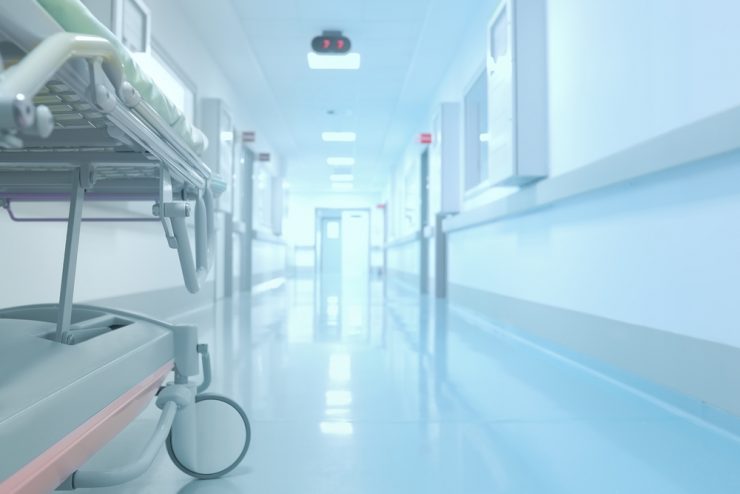Diagnosis
Diagnosis can be difficult in case of HIV by considering only the symptoms. At times, experienced professionals who treat HIV can misunderstand the symptoms to be of another condition. Hence HIV test are recommended if you fall under the high risk group for HIV. Early diagnosis of HIV can make the chances brighter for treating it.
Previously people were reluctant to undertake HIV test as they felt that in case the condition is present, nothing can be done in order to cure it. This is no longer true as many medications are available which slows down the progress of the virus and manages this condition effectively.
Risk groups
People at high risk of catching HIV include:
unprotected sex by gay men,
In case you have travelled or livid in Saharan sub Africa
In case you had sex with anyone who has travelled or livid in Saharan sub Africa
Injected illegal drugs
Had sex with any one who has injected illegal drugs
In case any other sexually transmitted disease is passed on to you
In case you Blood transfusion is received by you in eastern Europe, Africa, Asia, southern or central America
HIV testing
Diagnosis of HIV can be done by blood test, to check presence of virus. Once infected at least three months need to pass to detect HIV. Hence test need to be repeated after three months after the first test. HIV testing is done only after your consent and the results remain confidential. In case you have a life or health insurance, the insurance company needs to be informed. HIV test are free of cost.
Receiving a positive test
HIV clinic is referred in case HIV test are positive. HIV clinic are a specialist health center which is staffed with various professionals who help HIV infected people in leading a normal life.
HIV clinic staff may include a counsellor, social worker, dietician, dentist, specialist doctors experienced in treating HIV, walk in emergency doctors, and a pharmacist
Telling your partner and former partners:
In case you have HIV, it is a must to inform your current or previous sexual partners that you had contact with since you got exposed to the virus. If your partners were uninformed and you get into unsafe sex with them and they get infected, you could be prosecuted for the act. Many of them feel embarrassed, upset and angry about discussing anything about HIV with partners (current or previous). You can discuss freely about any concerns with the doctor or clinic staff. They can advise various means on how you should go about it. With your consent a contact slip shall be arranged to be passed on to your current and former partners. This slip shall request them to have a HIV test as they could have been exposed too the virus. Your name or details will be confidential. It is not a compulsion to inform your partners however, it advisable to tell them as if left untreated or untested, it can have dangerous consequences leading to death.













